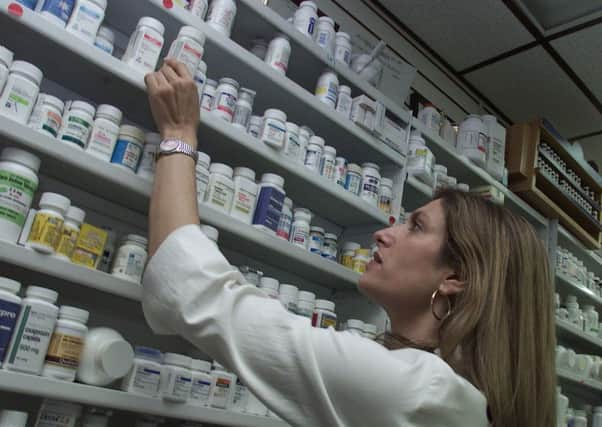Drug-resistant bugs greater danger than cancer, warns report


Tackling antimicrobial resistance (AMR) is “absolutely essential”, said Lord Jim O’Neill as he published a global plan to prevent drug-resistant infections and defeat the rise of so-called superbugs.
Lord O’Neill described the increasing resistance to antibiotic drugs as “facing a growing enemy with a largely depleted armoury”.
Advertisement
Hide AdAdvertisement
Hide AdChancellor George Osborne said that the review provided a “stark warning” that AMR will become a greater threat to mankind than cancer.
As well as being a threat to health, AMR is also a threat to the global economy, he said as he called on finance ministries to come together to agree a way to tackle the threat.
One proposal is that drug companies should be rewarded with a billion dollars if they develop new antibiotics.
The report warns that if antibiotics lose their effectiveness then key procedures – including gut surgery, caesarean sections, joint replacements and chemotherapy – could be too dangerous to perform.
Projections suggest that if nothing is done to control AMR, there will be 10 million deaths a year by 2050. Failure to act will also cost the world over 100 trillion US dollars in lost output.
The review says no new class of antibiotic has been seen for decades because of a lack of incentive for investment in research and development.
Lord O’Neill wrote: “We need to tackle the supply problem: we need new drugs to replace ones that are not working any more because of resistance.
“We have not seen a truly new class of antibiotics for decades. It is in policy makers’ hands to change this. We have recommended that countries review carefully how they buy and price antibiotics, to reward innovative new drugs without encouraging unnecessary use of new antibiotics.”
Advertisement
Hide AdAdvertisement
Hide AdThe review says the proposal should be financed through governments, international institutions and taxation on current antibiotics. It suggests drug companies who do not invest in AMR research should pay an “antibiotic investment charge”.
“Apart from the moral case ... the economic cost of failing to act is too great to contemplate,” Mr Osborne said.
“So I am calling on other finance ministries to come together this year and, with industry leaders and medical experts, agree a common approach.”